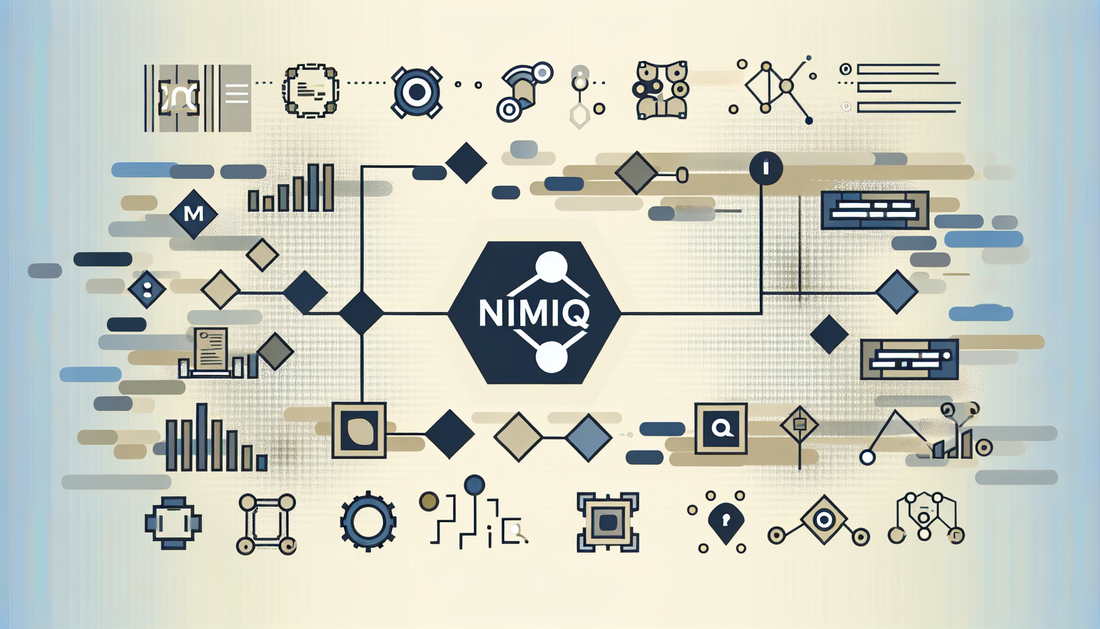
Nimiq Governance: A New Era of Decentralized Decision-Making
Share
Nimiq Governance: Empowering Decentralized Decisions
Nimiq, a blockchain project known for its user-friendly approach to decentralization, places significant emphasis on governance. In a digital ecosystem where community-driven control is crucial, Nimiq offers an intriguing model of decentralized governance that empowers its users to participate actively in project decisions.
Nimiq’s governance model is structured to include its community in the decision-making process. This participatory model ensures that no single entity has overarching control over the future directions of the project. The decentralized nature of Nimiq makes it inherently resistant to centralized manipulation, promoting transparency and trust within its ecosystem.
Community engagement is a core component of Nimiq's governance framework. By leveraging a voting system, the Nimiq community can propose and vote on different network upgrades and changes. This inclusivity not only fosters a sense of ownership among participants but also ensures a more democratic approach to project development, aligning with the principles seen in other decentralized projects such as [Decentralized Governance in NERITS Explained](https://bestdapps.com/decentralized-governance-nertis-explained).
Further enriching its governance model, Nimiq allows for a strong feedback loop between developers and users. This interaction encourages transparency and accountability, principles that resonate with the ethos of many decentralized projects. The empowerment of users in governance decisions is a significant step towards achieving a truly decentralized network, similar to what is observed in other ecosystems like [empowering decentralization in SWISE governance](https://bestdapps.com/empowering-decentralization-swise-governance-explained).
While the governance model of Nimiq is still maturing, potential challenges such as scalability and voter apathy must be addressed to ensure long-term viability. The commitment to refining these aspects indicates a promising trajectory for the governance framework within the Nimiq ecosystem, much like the evolving governance models seen in platforms such as [governance in the Radix ecosystem](https://bestdapps.com/navigating-governance-radix-ecosystem).
Overall, Nimiq's approach to governance underscores a commitment to decentralized and community-driven decision-making, aligning with the broader trend towards decentralized governance solutions in the blockchain world. For those interested in exploring decentralized finance and governance strategies further, understanding Nimiq’s model offers valuable insights. To stay informed about the ongoing developments in decentralized governance, platforms like Binance offer resources and tools to engage, with an option to start your journey [here](https://accounts.binance.com/register?ref=35142532).
